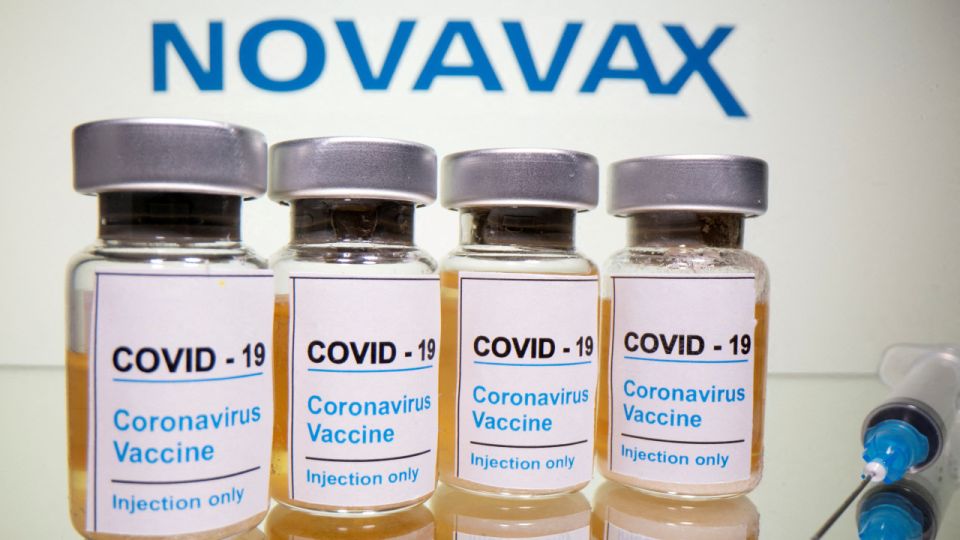August 19, 2022
SEOUL – More than five million doses of COVID-19 vaccines have been discarded in South Korea, according to a report released by the National Assembly on Thursday.
More vaccines, however, are expected to be discarded with their expiration dates approaching. The issue of COVID-19 vaccines going to waste is likely to continue as more are scheduled to arrive in South Korea by the end of this year.
According to the National Assembly Budget Office, the country discarded a total of 5.29 million doses of COVID-19 vaccines as of July 6, about 3.6 percent of the total 145.8 million doses that the country had secured.
The Korea Disease Control and Prevention Agency said most of the vaccines were discarded as they expired. The shelf life for COVID-19 vaccines is usually between six months to a year.
The government is currently canceling or delaying scheduled imports of COVID-19 vaccines.
Last month, the government canceled imports of 4 million doses of the Janssen vaccine and 12.6 million doses of vaccines that were supposed to arrive through COVID-19 Vaccines Global Access. The government has talked with Pfizer to halt imports of the company’s COVID-19 vaccine for the third quarter of this year as well.
The government postponed imports of 37.6 million doses of the Novavax vaccine to next year because many have already been wasted. A total of 2.3 million doses of the Novavax vaccine have been imported into Korea, but only some 580,000 doses have been used.
As of Aug. 10, Korea still has a total of 15 million vaccine doses, which includes 9.5 million doses of the Pfizer vaccine, 3.1 million doses of the Moderna vaccine, 1.9 million doses of the Janssen vaccine and 147,000 doses of the Novavax vaccine, among others.
The National Assembly asked the government to devise measures to minimize the number of COVID-19 vaccines that will be discarded.
Since June, the government has been looking into ways to donate surplus COVID-19 vaccines to countries that experience difficulties in securing them.
However, the government said it has been difficult to find countries that are in need of COVID-19 vaccines, as most have enough. The demand for potentially outdated COVID-19 vaccines has also decreased amid the spread of new omicron subvariants, it explained.
Vaccines that are close to their expiry dates can also be rejected, even if a country needs them, according to the government. There are also difficulties in sharing vaccines with countries that ask for them, but lack proper storage facilities.
In late August, the government will announce its new vaccination policy, which could increase the vaccinations that people can receive. The government may also introduce an adjusted timeline for vaccine procurement to minimize the number of vaccines that will expire and announce its plan to introduce omicron-specific COVID-19 vaccines.


